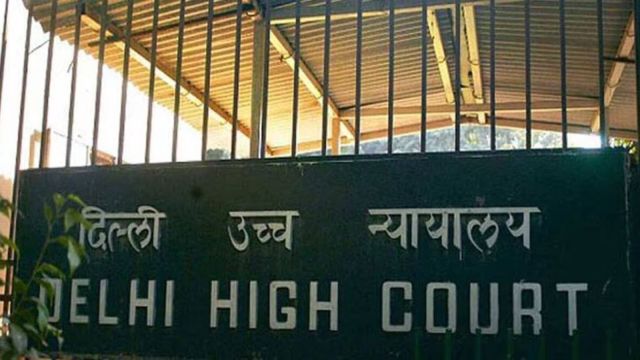Delhi HC stays CAG audit of 2 societies representing Ajmer Dargah priests
The two societies representing Ajmer Dargah priests had moved the Delhi High Court seeking that CAG be restrained from conducting an audit, saying it was against provisions of the CAG Act.
 The Delhi High Court last week stayed the CAG’s audit at the Ajmer Dargah.
The Delhi High Court last week stayed the CAG’s audit at the Ajmer Dargah.The Delhi High Court last week stayed the Comptroller and Auditor General’s (CAG’s) audit proceedings of two registered societies representing the khadims or hereditary priests at the Ajmer Dargah.
The stay, granted as an interim measure until the next date of hearing scheduled on July 28, was granted after the court surmised that requirements under a provision of the Comptroller and Auditor General’s (Duties, Powers and Conditions of Service) Act, 1971, were not complied with.
In an order on May 14, Justice Sachin Datta noted that the terms and conditions for conducting the audit had not been agreed upon when the budget division of the Department of Economic Affairs under the Ministry of Finance communicated to CAG in January this year, as is required under the Act.
Justice Datta also noted that CAG had not agreed to the conduct of the audit of the petitioner societies as of March 15, 2024, when the Ministry of Minority Affairs had notified the registered societies of the audit. Justice Datta noted that this “lends credence to the petitioner’s contention that the requirements under Section 20 of the CAG Act have not been applied/satisfied in the present case”.
Anjuman Moinia Fakhria Chishtiya Khuddam Khwaja Sahib Syedzadgan and Anjuman Moinia Fakhria Chishtiya Khuddam Khwaja Sahib Shakhzadgan, two registered societies and representative bodies of hereditary priests who carry out traditional and religious activities at the Ajmer dargah, had moved the Delhi High Court seeking that CAG be restrained from conducting an audit, highlighting that it would be in utter contravention of the provisions of the CAG Act, 1971.
As per the petitioners, the mandatory statutory procedure for such audits, as set out in Section 20 of the CAG Act, stipulates that the ministry concerned should send a communication to CAG. The communication should seek to have the petitioner society audited by CAG, the terms and conditions based on which the audit should be conducted should be agreed upon between CAG and the ministry concerned, and subsequently the said terms and conditions should be served on the petitioner, following which the petitioner is entitled to make a representation to ministry concerned. It also requires, first, the President’s or the governor’s assent before the terms of audit are agreed to.
In the current case, on March 15, 2024, a notice was issued by the Ministry of Minority Affairs, upon instructions from the Ministry of Home Affairs, notifying the khadims of the audit, “to improve the administration and management of Dargah affairs at Ajmer”. The notice was challenged before the Delhi High Court, and during its pendency, CAG moved on with the audit, with the Ministry of Finance notifying that it had received presidential assent for the audit, and a committee had been formed for the same.
The petitioners had highlighted before the court that a committee has been formed for the audit, and is making the pending petition infructuous, despite receiving no presidential assent before issuance of notice.
The petitioners had also submitted that at the time of issuance of the March 15, 2024 communication, the CAG had not even assented to the conduct of audit pursuant to proposal of the concerned ministry and thus the opportunity to the petitioner to make a representation in terms of communication was a “farcical/pre-mature exercise”.







